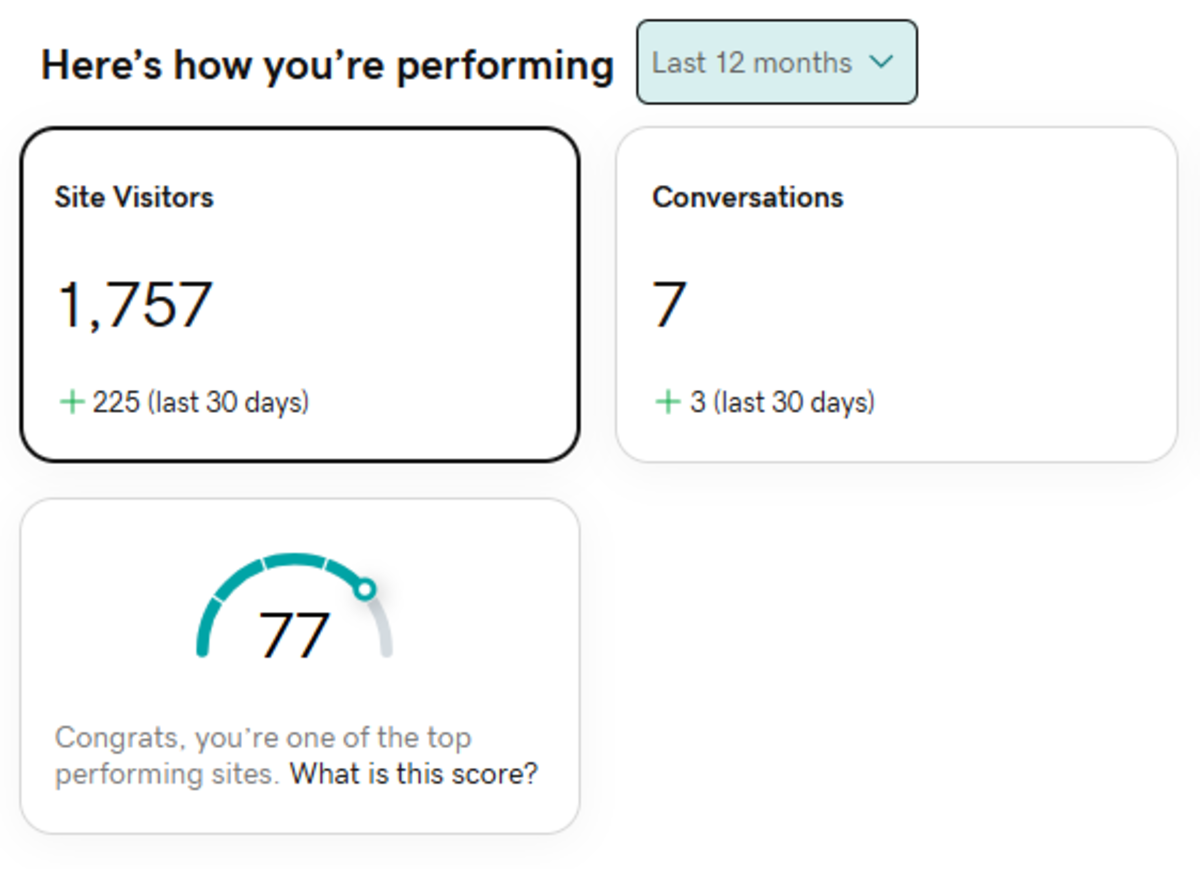What A Lawyer Really Does
Types of Lawyers
Lawyers fall generally into two types--litigation and transactional. Litigation lawyers go to court; transactional lawyers may go to court, but focus more on things like contracts.
There's a field of law for almost every niche you can imagine, including:
- Criminal
- Family
- Immigration
- Food and Drug
- Personal Injury
- Consumer
- Bankruptcy
- Real Estate
- Entertainment
The Day-to-Day Responsibilities of a Lawyer
Think about lawyers--how do you picture such a professional? Do you see a sharply dressed man or woman, arguing passionately in a courtroom to a judge and jury? Do you see a businessman or woman hurrying into a high-rise office?
Chances are, unless you are a lawyer yourself or are related to one, you don't really know what lawyers do from day to day. If you're considering going to law school, this is something you absolutely need to understand--it's not all exciting arguments and groundbreaking legal change.
Read on to understand what lawyers do on a day-to-day basis.

A Lawyer Does Endless Research
Did you know that less than one percent of civil trials ever go to court? That means that most lawyers, excluding public defenders or prosecutors, will rarely spend any significant time inside of a courtroom.
Something every lawyer has to do, though, is read critically and research thoroughly. For every argument a lawyer makes for his or her client, that lawyer must use precedent--previous court decisions--or statutes and regulations (most of which are colored by precedent). To persuade the judge that his or her client is in the right, the lawyer must find the best precedent--and that means researching meticulously. If you miss an important case, and the other party finds it, that's a huge hole in your argument--and may mean a losing case.
Lawyers spend literally hours researching and reading--so if that sounds terrible to you, the law may not be your best fit.
Did you ever consider being a lawyer?
A Lawyer Writes Briefs, Motions, and More
Another large part of a lawyer's day, in addition to reading and researching, is writing. Briefs, motions, pleas, etc. are all written by the lawyer and submitted to the court in support of the lawyer's client.
The documents must follow a certain format, not only in layout, but also in regard to citations.
If you hate writing or are not a strong writer, being a lawyer might be a tedious career (though if you do many of a certain kind of case, certain sections can be re-used over and over, saving you time and hassle).

A Lawyer Provides Customer Service
One thing I never thought about until I started practice was that a lawyer is, more than anything else, in a customer service capacity.
Someone is paying you for a service, and you must provide the best representation possible to them. Ultimately, even if you don't agree with their decision, they make the shots as to their case and what they think is best. Also, because they are paying you quite a bit of money, clients often think they own you and your time--no matter how many other clients you have or whether it's a weekend or night.
When the phone rings, the client will expect to talk right away; when a client emails you, they will expect an almost immediate answer.
So, being a lawyer also requires being patient, employing tact, and developing people skills.
A Lawyer is a Counselor
Unlike other careers, where the professional may not ever have to give advice, a lawyer must give advice daily! Another word for lawyer is "counselor," and that's exactly what they do for clients--taking into account all the facts and the client's situation, the lawyer must give accurate and sound advice about legal options.
Going beyond that, the lawyer must tailor his or her approach in giving the advice to the client's personality, intelligence, and emotional state.

A Career as a Lawyer
Hopefully this article has given you a bit of a better picture of what a lawyer does. Most lawyers spend more time writing briefs and meeting with clients than making passionate arguments in court, and all lawyers must be great researchers, readers, and writers, as well as have a lifelong passion for learning. The law is always changing, and there is always something new to learn!








